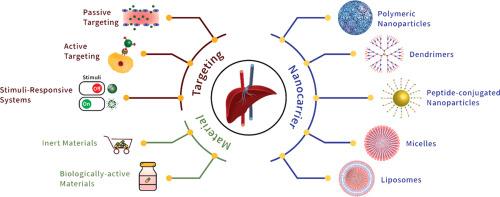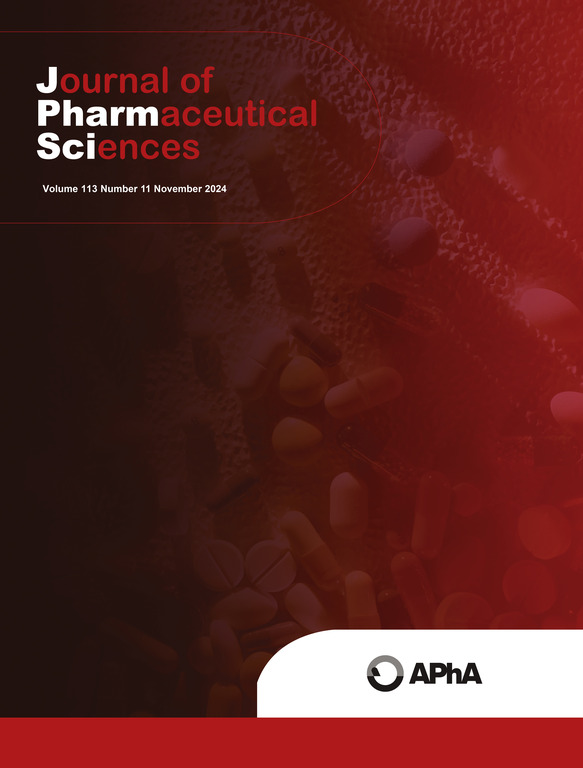Recent advances in nano-based drug delivery systems for treatment of liver cancer
IF 3.7
3区 医学
Q2 CHEMISTRY, MEDICINAL
引用次数: 0
Abstract
Liver cancer is one of the aggressive primary tumors as evident by high rate of incidence and mortality. Conventional treatments (e.g. chemotherapy) suffer from various drawbacks including wide drug distribution, low localized drug concentration, and severe off-site toxicity. Therefore, they cannot satisfy the mounting need for safe and efficient cancer therapeutics, and alternative novel strategies are needed. Nano-based drug delivery systems (NDDSs) are among these novel approaches that can improve the overall therapeutic outcomes. NDDSs are designed to encapsulate drug molecules and target them specifically to liver cancer. Thus, NDDSs can selectively deliver therapeutic agents to the tumor cells and avoid distribution to off-target sites which should improve the safety profile of the active agents. Nonetheless, NDDSs should be well designed, in terms of the preparing materials, nanocarriers structure, and the targeting strategy, in order to accomplish these objectives. This review discusses the latest advances of NDDSs for cancer therapy with emphasis on the aforementioned essential design components. The review also entails the challenges associated with the clinical translation of NDDSs, and the future perspectives towards next-generation NDDSs.

治疗肝癌的纳米给药系统的最新进展。
肝癌是一种侵袭性原发性肿瘤,发病率和死亡率都很高。传统治疗方法(如化疗)存在药物分布广、局部药物浓度低、异位毒性大等缺点。因此,它们无法满足人们对安全、高效的癌症疗法日益增长的需求,因此需要采用其他新策略。纳米给药系统(NDDSs)是这些新型方法中的一种,可以改善整体治疗效果。NDDSs 的设计目的是封装药物分子,并将其特异性地靶向肝癌。因此,NDDSs 可以选择性地将治疗药物输送到肿瘤细胞,避免药物分布到非靶点,从而提高活性药物的安全性。然而,为了实现这些目标,NDDSs 应从制备材料、纳米载体结构和靶向策略等方面进行精心设计。本综述讨论了用于癌症治疗的 NDDSs 的最新进展,重点是上述基本设计要素。综述还涉及与 NDDSs 临床转化相关的挑战,以及对下一代 NDDSs 的未来展望。
本文章由计算机程序翻译,如有差异,请以英文原文为准。
求助全文
约1分钟内获得全文
求助全文
来源期刊
CiteScore
7.30
自引率
13.20%
发文量
367
审稿时长
33 days
期刊介绍:
The Journal of Pharmaceutical Sciences will publish original research papers, original research notes, invited topical reviews (including Minireviews), and editorial commentary and news. The area of focus shall be concepts in basic pharmaceutical science and such topics as chemical processing of pharmaceuticals, including crystallization, lyophilization, chemical stability of drugs, pharmacokinetics, biopharmaceutics, pharmacodynamics, pro-drug developments, metabolic disposition of bioactive agents, dosage form design, protein-peptide chemistry and biotechnology specifically as these relate to pharmaceutical technology, and targeted drug delivery.

 求助内容:
求助内容: 应助结果提醒方式:
应助结果提醒方式:


